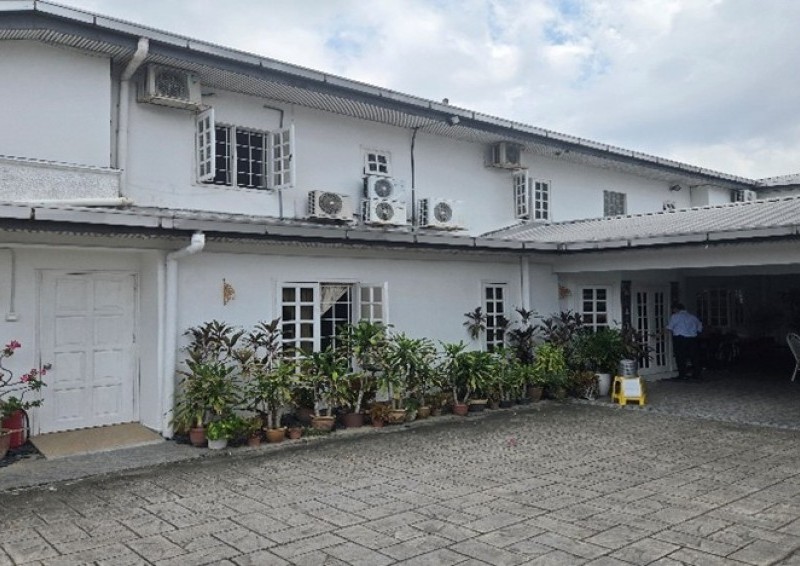Anaemia in the Elderly
By Alexander Slesarenko
Anaemia is a condition that results from a lack of red blood cells or too many dysfunctional red blood cells (RBC’s) in the body. It reduces oxygen being carried to the body's organs.
RBC’s are biconcave-shaped cells, filled with oxygen-carrying haemoglobin that easily bend, permitting passage through small capillaries.
Billions of RBC’s are produced in bone marrow daily. RBC production is stimulated by erythropoietin, which is made in the kidneys and cleared through the spleen.
Anaemia is a risk factor for the frequency and severity of specific illnesses and decreased quality of life. It can be a secondary manifestation of a very severe disease like cancer or renal insufficiency. It can be a sign of self-neglect in nutrition due to cognitive problems. Unfortunately, it may be due to nutritional and medical neglect from family, caregivers or even healthcare facilities.
Anaemia is classified into subtypes: Microcytic, Normocytic, or Macrocytic based on the size of the red blood cells.
Important details when considering a diagnosis of anaemia are:
History of an eating disorder or starvation; history of gastric or intestinal surgery; family history of haematologic diseases (inherited), medications that cause or worsen bleeding (aspirin, warfarin); travel history (malaria); special diet that may lead to a vitamin deficiency (vegan); alcohol consumption.
Understanding the type of anaemia makes it easier to investigate its cause. A peripheral blood smear can be helpful in establishing the underlying cause.
As with iron deficiency it is necessary to rule out chronic blood loss and to perform an endoscopy/colonoscopy to exclude a tumour in the colon (the most common cause of occult bleeding).
Managing anaemia is dependent on making an accurate diagnosis of the cause, followed by targeted treatment. In most cases anaemia is not usually severe and can be treated with lifestyle modifications such as increased exercise and the time of oxygen exposure, smoking cessation, alcohol use cessation, adequate dietary intake and supplementation with vitamins and minerals (iron).
Anaemia caused by dietary deficiency can be prevented by making sure that you eat food from certain food groups on a regular basis, including dairy foods, lean meats, nuts and legumes, fresh fruits, and vegetables. If you follow a vegan diet (one that does not include any animal products) talk to your health professional about recommended vitamin and mineral supplements. Some forms of anaemia cannot be prevented because they are caused by a breakdown in the cell-making process.
A person’s prognosis depends on the cause of their anaemia. For example, if the anaemia is caused by dietary deficiencies, correcting the cause and the use of appropriate supplements for some weeks or months will resolve the condition. Relapses may occur, so changes to diet and regular supplements may be necessary. At times an Iron infusion may be required which produces immediate relief to the fatigue and dizziness that is often felt. In other cases, the anaemia may be permanent and lifelong treatment is needed. No matter what the cause, it is important to have a doctor regularly monitor blood levels to make sure your red blood cell and haemoglobin levels are adequate and to adjust treatment when required.
Back to Blog








